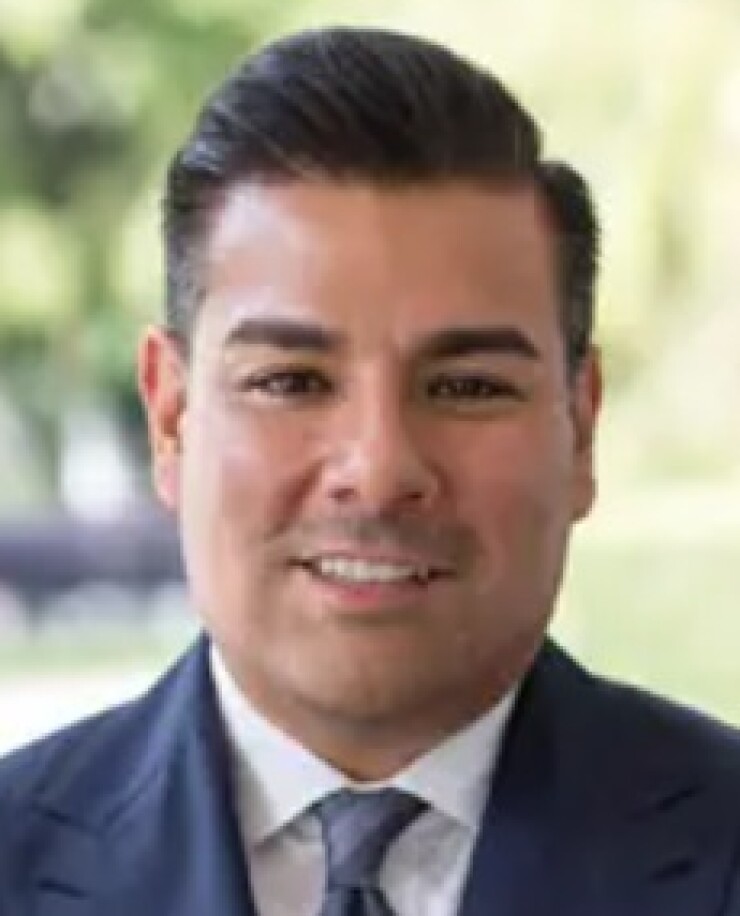California FAIR insurance plan changes burden policyholders, advocate says

The California Insurance Commission’s “modernization” of the California FAIR Plan Association (FAIR plan), the state’s insurer of last resort, announced July 26, will transfer the burden to homeowners, according to Carmen Balber, executive director of Los Angeles-based consumer advocacy non-profit Consumer Watchdog.
The commissioner’s proposal, part of its Sustainable Insurance Strategy, according to Consumer Watchdog, relieves insurers of the need to cover the largest FAIR Plan claims and requires policyholders to pay a surcharge of hundreds or even thousands of dollars to cover this expense.
Carmen Balber, executive director of Consumer Watchdog.
Consumer Watchdog
“If this FAIR plan gets into financial trouble, it will be because the private insurance market dumps all of their riskiest homeowners on the FAIR Plan,” Balber said. “And if that happens, the insurance companies should be responsible, not every homeowners insurance policyholder in the state.”

Ricardo Lara, California Insurance Commissioner.
The Commission asserted that insurance companies could withdraw from the state in part because of the burden of supporting the FAIR Plan, which would in turn weaken FAIR itself. A press release from Commissioner Ricardo Lara’s office stated, “When the FAIR Plan takes on more customers, it causes traditional insurance companies to withdraw from certain areas, further increasing dependence on the FAIR Plan.” The release added that a cycle of insurance company withdrawals can weaken FAIR’s financial stability.
The Commission’s agreement with the FAIR Plan’s administrators requires FAIR to issue new a operations plan within 30 days that will set up a new high-value commercial coverage option with limits up to $20 million per building, create a financial formula to protect policyholders in extreme losses, and require more reporting on the plan’s activity and customer service metrics.
Consumer Watchdog is questioning whether the commissioner can legally require the private insurance market to make policyholders bear the burden of FAIR’s losses. “He is characterizing this as a consumer protection, because he’s limiting failure plan assessments to 50% of losses, which is a little Orwellian to call a bailout of insurance companies on the backs of consumers, consumer protection,” she said. “But on top of that, it’s not true. What the language of his stipulation says is that, for the first billion in assessments in the residential market, and the first billion in assessments of the commercial market, insurance companies can pass on half of that cost to consumers.”
The commissioner’s agreement with FAIR is an executive action that is now in effect, according to Balber. The next step for Consumer Watchdog or other consumer advocacy groups would be a court challenge, she said.
The California Insurance Commissioner’s office did not respond to calls and emails with questions about Consumer Watchdog’s criticism of the plan.
Related coverage:
Insurers’ wildfire protection plans take fire from consumer advocate
California catastrophe model didn’t prevent State Farm cuts



